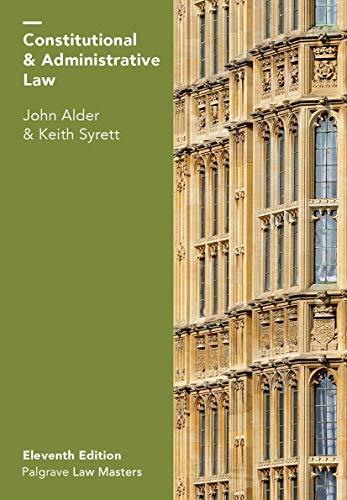Question
Facts: Gary works for DG. DG is a company duly authorized to do business in its state. Gary is punctual, hardworking, and well-liked by his
Facts: Gary works for DG. DG is a company duly authorized to do business in its state. Gary is punctual, hardworking, and well-liked by his colleagues. By all accounts Gary is a good guy. Two years ago, Gary developed a gambling problem. He spends his free time at the "lounge," as his finances permit. Over that time, Gary has depleted his savings. As a result of his position at DG, Gary sometimes handles money. On two occasions in the past, Gary has removed Sixty Dollars ($60.00) in cash and voided the transaction so as to evade detection. On both occasions, Gary used some of the Sixty dollars for food, and some for gambling. Gary has always replaced the cash and re-instated the transaction on his next payday. The money was never gone from DG for more than two weeks. Today, DG has suffered no loss of money, everything Gary has taken, he has put back. ("Legal Authority" below)
1. Please explain why Gary has Embezzled from DG. 2. Please explain why Gary has not Embezzled from DG.
Legal Authority: State Embezzlement Statute (Can be cited as "statute"): If any agent, clerk, employee, or servant of any firm or person, or company, embezzles or fraudulently converts to his own use, money, bank notes, or security for money, or any effects or property of any other person, which shall have come into his possession, or been placed under his care or management, by virtue of his office or employment, he shall be guilty of the embezzlement thereof.
State v. Michael (can be cited as "Michael"): Under the "statute" it is necessary to show, first, the trust relation of the person charged, and that he falls within the class of persons named; second, that the property or thing claimed to have been embezzled or converted is such property as is embraced in the section; third, that it is the property of another person or corporation; fourth, that it came into the possession, or was placed in the care, of the accused under and by virtue of his office, place or employment; fifth, that his manner of dealing with, or disposing of, the property, constituted a conversion and appropriation of the same to his own use; and, sixth, that the embezzlement or fraudulent conversion of the property to his own use was with the intent to deprive the owner of his property.
State v. Gob (can be cited as "Gob"): To be guilty of embezzlement, one must "convert" to his own use the money or goods entrusted to his care. Unless and until there has been an appropriation or conversion no offense of embezzlement has been committed.
State v. Holtz (can be cited as "Holtz"): "Conversion" is an unauthorized assumption and exercise of ownership over goods or money belonging to another, to the alteration of their condition or the exclusion of the owner's right.
State v. Buster (can be cited as "Buster") The only criminal intent requisite to a conviction for embezzlement is the purpose to do the act in violation of the statute. No moral turpitude or wicked intent is essential to such a crime.
State v. Lindsey (can be cited as "Lindsey") The mere detention of money belonging to another, without a fraudulent intent to deprive that other of his property, does not constitute embezzlement.
Step by Step Solution
There are 3 Steps involved in it
Step: 1

Get Instant Access to Expert-Tailored Solutions
See step-by-step solutions with expert insights and AI powered tools for academic success
Step: 2

Step: 3

Ace Your Homework with AI
Get the answers you need in no time with our AI-driven, step-by-step assistance
Get Started


